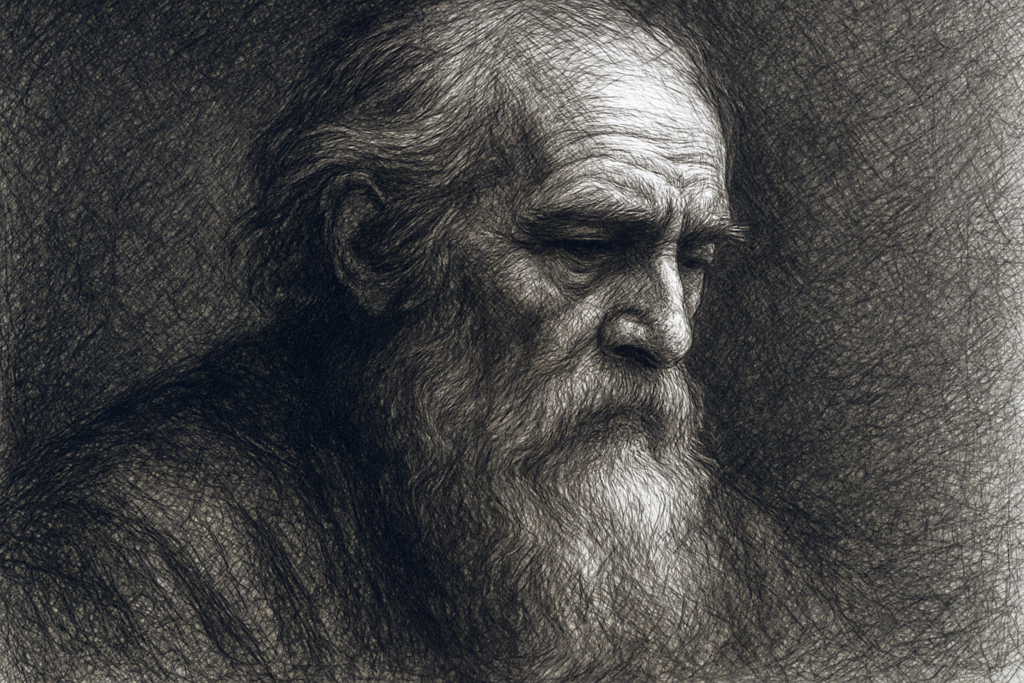A traditional drawing technique using intersecting lines to create shading, form, and texture.
🧭 Origin
Crosshatching is a traditional drawing technique used to create shading, form, and texture through intersecting lines. Popularized in Renaissance drawings and engravings, it’s still widely used in comics, etchings, and pen-and-ink illustrations.
💡 Inspirations
Etching, classical drawing studies, engraving prints, graphic novels, and stipple-hybrid techniques. Influenced by artists like Albrecht Dürer, Rembrandt, and later by inking in comics and tattoo design.
🎨 Color Palette
Primarily black ink or monochrome with neutral tones, relying on line density for shading (ink black, charcoal grey, paper cream, cool white)
🖌️ Texture / Technique
Built entirely from overlapping linear strokes. The closer and denser the lines, the darker the tone. Direction, angle, and pressure define form. It can be mechanical or expressive — with crisp or chaotic energy.
🌀 Shapes & Forms
Strong outlines, carefully modeled faces, musculature, architecture, or surreal compositions. Often highly dimensional despite the limited materials.
🌙 Mood / Atmosphere
Analytical, intense, intellectual, or brooding. Crosshatching feels methodical and textured — balancing order and creativity in each stroke.
🧩 Possible Applications
Ideal for inking, scientific illustration, old-world fantasy art, tattoo flash, character design, and any artwork where detail, texture, and structure are key.
🧠 Generative Potential
Use “crosshatched ink portrait with layered shading,” or “architectural etching with dense linework and tonal gradients.” This style translates well in black-and-white AI outputs and works for both classical and graphic storytelling.
💬 Prompt Example
“A crosshatched portrait of an old man with a long beard, deep wrinkles built from layered linework, dark shadows under the eyes, and a softly lit background textured entirely by ink.”
